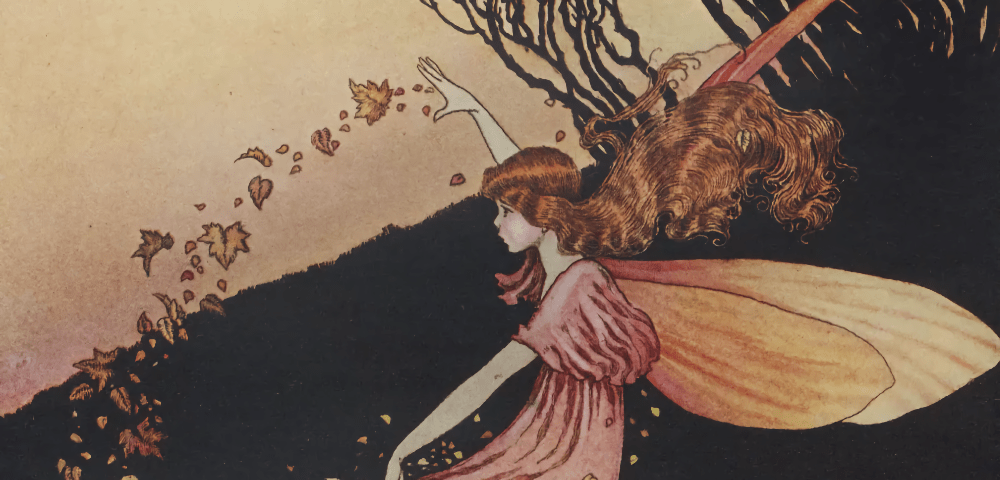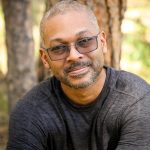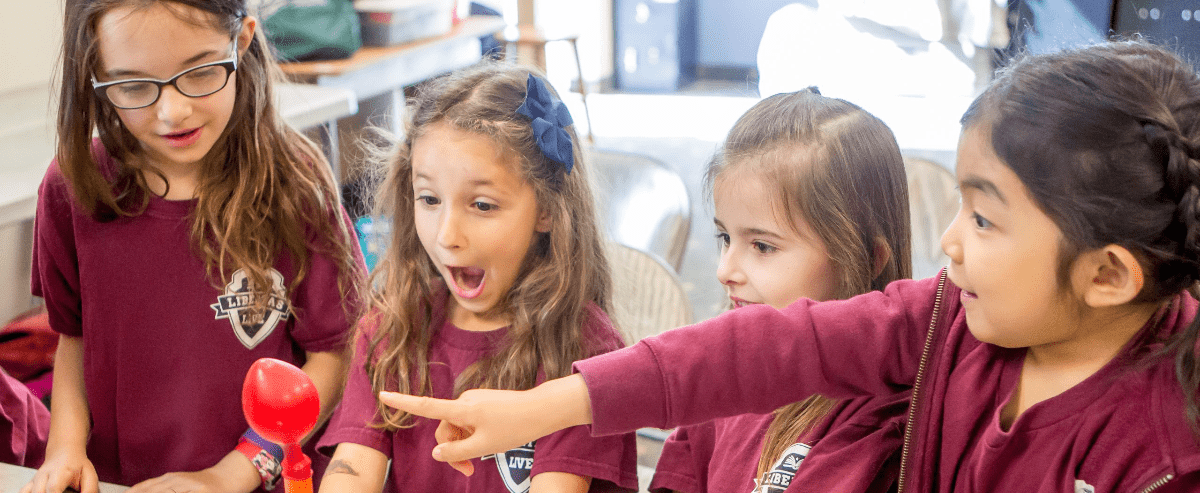BY JUNIUS JOHNSON
“All things bright and beautiful,
All creatures great and small,
All things wise and wonderful,
Twas God that made them all.”
—Cecil Frances Alexander
The World through the Eyes of a Child
A favorite word of adults is just: “It’s just a stick;” “It’s just the wind;” “It’s just your mind playing tricks on you.” Reflexively, without even looking, we say this because the task of growing up seems to be, these days, all about recognizing that the world is a very dull and uninteresting place, made up of only the types of things we can see and have seen before. It’s a dreary existence, but it pays the bills.
A favorite word of children is maybe: “Maybe the fairies did it;” “Maybe it’s a magic wand;” “Maybe a ghost lives there.” Automatically, without worrying how likely it is, this word flows because it is the birthright of children to know what adults struggle to remember: that there is nothing more wild, wonderful, surprising, unexpected, and magical than this world we live in.
That all children live next door to Fairyland is, or should be, a known fact. Let’s consider: What would you say about a world where giants roam the land, wizards transform water into blood, visitors who are treated badly rain fire from heaven to destroy cities, the sea is split in two to form dry land, and bread rains from heaven? Is such a land not a fairyland to match anything Edmund Spenser, George MacDonald, or J.R.R. Tolkien ever conceived? And that just gets us to the book of Exodus.
“But it’s not magic, it’s a miracle: It’s divine power.”

From Elves & Fairies, Illustration By Ida Rentoul Outhwaite, Published 1919
As we go on, there are talking animals, witches, a chest that kills you if you touch it, multiplication of food, extension of life, plagues of judgment, and raising the dead a man is carried to heaven by a chariot of glory, the sun stands still, shadows move backwards up stairs, and angels sing a spontaneous concert. There are heroes of superhuman strength and otherworldly wisdom. A boy fells a giant, not through strength, but through bravery and a desire to do what is right, and then he marries the princess and becomes king. Time and again the villains get what they deserve in the end. This is the very stuff of fairy tales! And to top it all off, we have an ancient god who descends to earth to walk among men, who goes unrecognized and is murdered, only to rise again from the dead, clothed in glory and ready to remake the world. What would you call such a land, if not magical?
“But it’s not magic, it’s a miracle: It’s divine power.” If a winged unicorn were to land in front of my young daughter, bow, and tell her that it is there to take her to adventure, she would not care whether we accounted for its existence by magic or divine power. Because, you see, she doesn’t love magic for itself—she loves it for what it means. Magic means adventure, it means wonder, it means that what comes next does not have to be like what came before. And that’s what divine power does in our world, time and again: “Behold! I do a new thing” (Isaiah 43:19).
The truth is that it is not just children who live next door to Fairyland, it’s everyone. It’s just that children have the eyes to see it. In the eyes of children, nothing just happens: Everything is done. There is someone who makes the wind blow, or who covered the sun in shadow, or who hid their sock. And they are right, because the world is not adrift on a sea of chance, left to wander whichever way its random motions take it. It is guided by a loving and intimate providence. I love to create surprises for my children, to plant little objects or experiences for them to discover. I think that every parent does. But I don’t do it nearly enough, because I am busy, and because I get drained and lack the emotional energy. But if I had infinite time and energy, they would not be able to move fast enough to discover all that I would set out for them to find. That’s what our Father in heaven has, and does: He has the time, energy, and delight to surround us continually with a great cloud of toys, hidden wonders He can’t wait to see us discover.
That is the truth of the world we live in, and the children know it. It falls to us adults to think through how we will train them so that they grow into that sense rather than out of it. Here are a few things we can do right away:
![]() Try to stop saying “just.”
Try to stop saying “just.”
![]() Make their reading time magical. A book without a cup of cocoa or a plate of cookies is a missed opportunity.”
Make their reading time magical. A book without a cup of cocoa or a plate of cookies is a missed opportunity.”
![]() Remind them of the miracle of things they have already come to think of as mundane, like rain.
Remind them of the miracle of things they have already come to think of as mundane, like rain.
![]() Above all, tell them stories: Transform the world around them with narrative. It is what all our hearts long for, for in stories we glimpse the Face above all faces, the One we most long to see. ✤
Above all, tell them stories: Transform the world around them with narrative. It is what all our hearts long for, for in stories we glimpse the Face above all faces, the One we most long to see. ✤
 JUNIUS JOHNSON is an independent scholar, teacher, musician, and writer. He is the executive director of Junius Johnson Academics, through which he offers innovative classes for both children and adults that aim to marry the sense of wonder with intellectual rigor. He is also the author of five books, including The Father of Lights: A Theology of Beauty and On Teaching Fairy Stories.
JUNIUS JOHNSON is an independent scholar, teacher, musician, and writer. He is the executive director of Junius Johnson Academics, through which he offers innovative classes for both children and adults that aim to marry the sense of wonder with intellectual rigor. He is also the author of five books, including The Father of Lights: A Theology of Beauty and On Teaching Fairy Stories.











Thank you for such lovely reminders of our roles as parents and teachers to help our children and students “grow into that (wonder-full) sense, rather than out of it.” Education in this manner is meaningfully holy work and play!